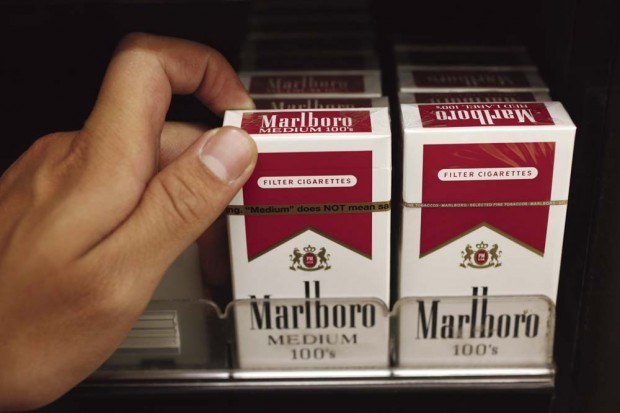LIHUE — For Christopher Takinaka, a proposed bill that seeks to prohibit smoking in cars with children under the age of 18 will protect those who cannot protect themselves. “This isn’t about the old man, driving in his car, enjoying
LIHUE — For Christopher Takinaka, a proposed bill that seeks to prohibit smoking in cars with children under the age of 18 will protect those who cannot protect themselves.
“This isn’t about the old man, driving in his car, enjoying a smoke; it’s not about me, of the following generation, trying to hold my breath,” he said. “This is about the next generation who don’t have the ability to protect themselves against the elements or to make a conscious decision to get out of the car.”
Bill No. 2629 was drafted in an effort to address the potential harmful health risks to children who are exposed to nicotine in cars.
On Wednesday, the Kauai County Council hosted a public hearing on the bill. Several Kauai residents, including Takinaka, addressed the council, expressing their support for the bill.
“I’m firmly in favor of this suggestion. Smoking is bad for everyone, especially children,” said Alice Parker. “There are people who say ‘Parents know best.’ Parents don’t necessarily know what is best for their kids. They like to think they do, but sometimes the law has to step in and help out.”
Janice Bond also urged the council to pass the bill.
“Kauai has smoke-free restaurants because of the Kauai council,” she said. “It makes a difference in the health of children, and we need to take care of them.”
Valerie Saiki, a representative of the Coalition for a Tobacco-Free Hawaii, said the bill is giving a voice to children who are told not to question their parents.
“Children have told me they don’t want to be in a vehicle while someone is smoking, but how can they stand up for themselves when they are told they don’t talk back to their parents?” she said. “They are told not to question parents, but they know they are coughing and hacking. How can a child even voice that?”
But Lonnie Sykos said passing the bill could have unintended consequences, like banning behavior in what some people consider to be a private space.
“Cars are no different than homes,” he said.
Sykos also brought up concerns about the police being able to enforce the law. If the council wants to ban the possibility of secondhand smoke, it needs to ban smoking in houses, Sykos said.
“This feel-good measure isn’t going to accomplish too much,” he said. “Police can’t enforce the ban on cell phones. And texting while driving is a much clearer threat.”
Instead of passing the bill, Sykos suggested better education measures.
“We need to help educate the public, not prosecute the public,” he said.
The next step for the bill is being considered in committee.


